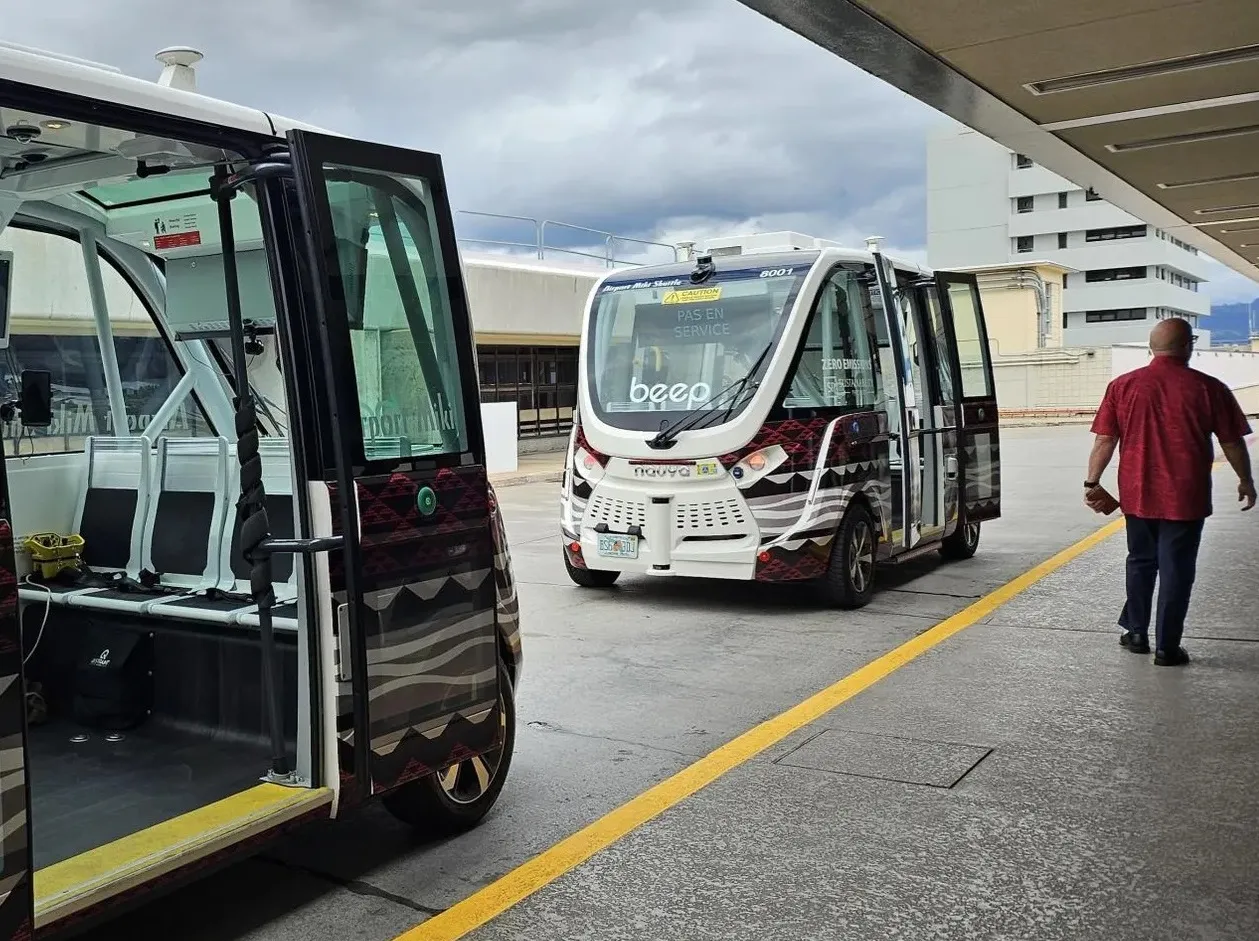Two automated driverless vehicles have begun transporting passengers in Sardinia as part of tests co-funded by the EU’s Seventh Framework Programme.
The demonstrations are led by the City Mobil 2 project, which is testing automated vehicles in real-life urban environments. The two driverless buses, which can carry up to 12 passengers each, are being piloted on a busy pedestrianised seafront promenade in Oristano. The route is about 1.3 km long and has seven stops.
The buses are guided by a differential global positioning system (DGPS) and have three levels of safety: two laser scanners on the front that detect obstacles within 30 metres; ultra-sound detectors on the front and the sides that recognise obstacles even if not in the bus’s direct trajectory; and a mechanical device that forces a stop in an emergency.
The demo, which finishes on 30 August, is organised in partnership with the Municipality of Oristano, the regional public transport operator ARST and transport planning consultancy company MLAb.
Europe’s first driverless bus trial begins
Two automated driverless vehicles have begun transporting passengers in Sardinia as part of tests co-funded by the EU’s Seventh Framework Programme.
The demonstrations are led by the City Mobil 2 project, which is testing automated vehicles in real-life urban environments. The two driverless buses, which can carry up to 12 passengers each, are being piloted on a busy pedestrianised seafront promenade in Oristano. The route is about 1.3 km long and has seven stops.
The buses are guided by a differenti
August 15, 2014
Read time: 2 mins









